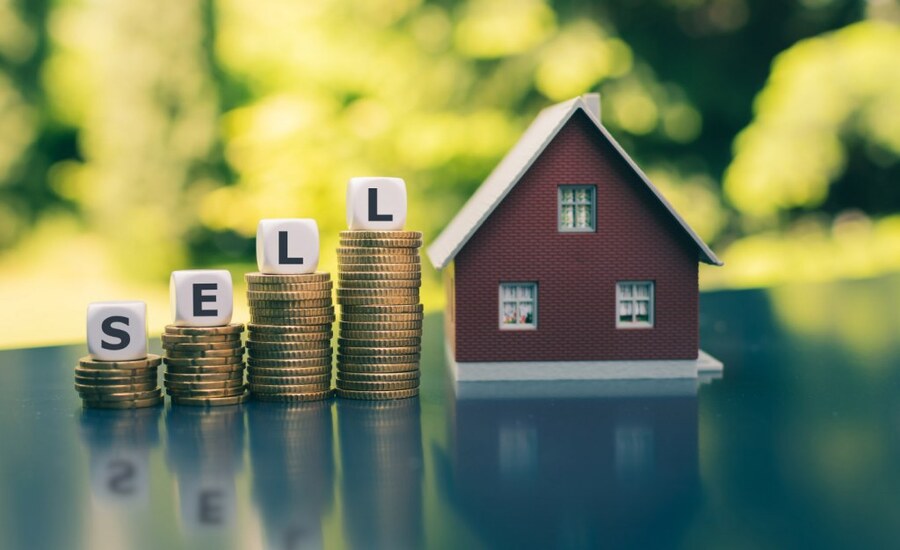Navigating the complexities of house valuations can be particularly daunting for first-time home sellers. The process involves understanding how different factors converge to determine the current market value of your property. Accurate house valuations are critical as they significantly influence how quickly a property sells and at what price. Below is a comprehensive guide to help first-time sellers through the valuation process, ensuring they are well-equipped to make informed decisions.
Understanding House Valuation
House valuation is an estimate of a property’s market value performed by a professional appraiser or through comparative market analysis by a real estate agent. This valuation is based on various factors, including, but not limited to, location, size, condition and market trends. For first-time sellers, it’s crucial to understand that this is not just about how much the house was bought for or how much money was spent on renovations; it’s about how much buyers are willing to pay now.
Importance of Accurate Valuations
An accurate valuation helps in setting a realistic price that attracts potential buyers while ensuring you get a fair return on your investment. Overpriced homes can languish on the market, making them less appealing to buyers. Conversely, underpricing can lead to a quick sale but might result in financial loss. Therefore, striking the right balance is key.
Preparing for the Valuation Process
- Get Your Home Ready: Ensuring your home looks its best can influence its valuation positively. This means decluttering, deep cleaning, and addressing any minor repairs that could detract from the property’s value. Curb appeal is also important; a tidy exterior and well-maintained garden can make a strong first impression.
- Gather Documentation: Any improvements or repairs made to the property should be documented. Prior to the valuation, gather documentation of all major upgrades, like installing a new roof or HVAC system, since these enhancements can raise your home’s market value.
- Understand the Market: Being knowledgeable about the local real estate market and recent sales of similar properties in your area can help you understand what might affect your home’s valuation. This includes being aware of whether it’s a buyer’s or seller’s market and how quickly homes are selling.
Choosing the Right Valuation Method
For most first-time sellers, getting a professional valuation is advisable. Professional appraisers provide an objective assessment, but they can be costly. An alternative is to find online house valuations in the UK or where you are based, which is often free and can provide a sufficiently accurate valuation for setting a listing price.
Responding to Valuation Results
If the valuation comes back lower than expected, understand why. It could be due to current market conditions or aspects of your home that could be improved. If feasible, make upgrades or adjustments to increase the property’s appeal. If the valuation is higher than anticipated, discuss with your agent the best pricing strategy to maximise your profit while still pricing competitively.
Conclusion
For first-time home sellers, navigating house valuations involves a mix of preparation, education and professional assistance. By understanding the valuation process and actively engaging with it, sellers can achieve a price that reflects their home’s worth and aligns with market conditions. Remember, a well-priced home not only attracts more buyers but can also lead to smoother and quicker sales, paving the way for your next big step in the real estate journey.

